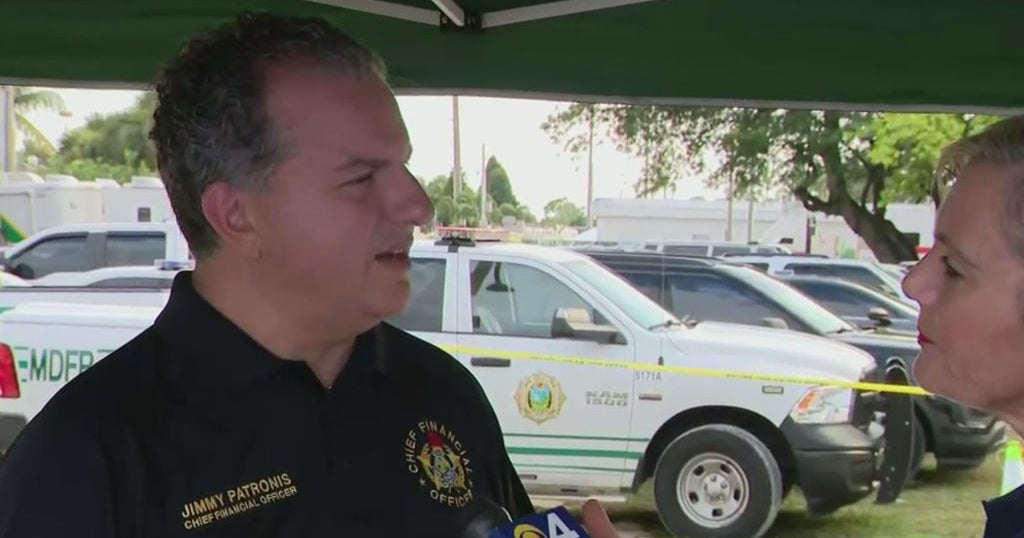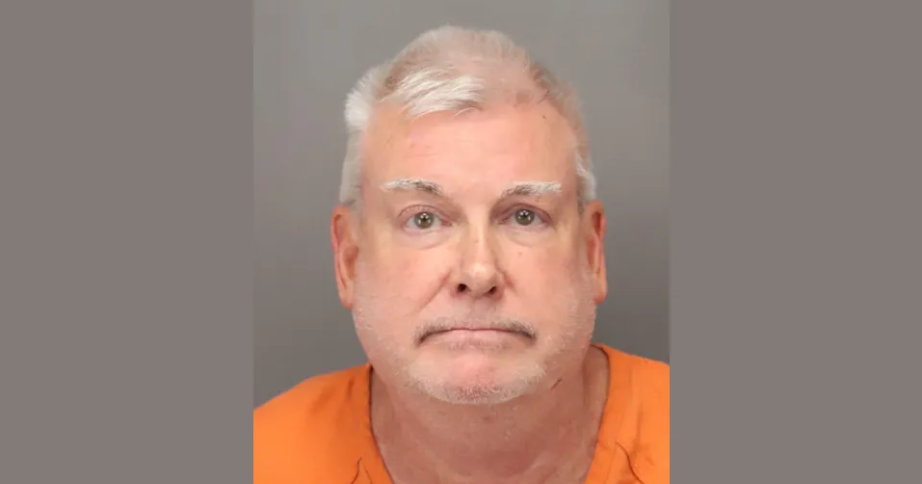Justices: Individuals Being Questioned Must Be Told When Lawyer Is Present
Follow CBSMIAMI.COM: Facebook | Twitter
TALLAHASSEE (NSF) – Individuals who are voluntarily being questioned by authorities have to be told when a lawyer is present, the Florida Supreme Court decided on Thursday.
The court's ruling overturned in part an appellate decision in the case of Michael McAdams, who voluntarily accompanied Hernando County Sheriff's deputies during questions about the disappearance of his estranged wife, Lynda, and her boyfriend and coworker, William Andrews, in 2009.
Pasco County detectives found blood-stained walls, latex gloves and duct tape at Lynda McAdams' Dade City home in September 2009. Hernando County deputies also found bloody shorts at the home of Michael McAdams' father, where McAdams had been staying. McAdams agreed to accompany deputies to the Hernando County Sheriff's office, where he was questioned by Pasco County detectives. After being questioned for several hours, McAdams confessed to killing his wife and Andrews and burying the victims' bodies.
While McAdams was being interrogated but before he confessed, a lawyer hired on his behalf by his parents appeared at the sheriff's office. Law enforcement officials, however, wouldn't let the lawyer see McAdams.
Prosecutors argued that McAdams wasn't entitled to be told that an attorney was present because he wasn't officially in custody at the time. But, in a 5-2 decision issued Thursday, the Supreme Court disagreed.
"Were this Court to adopt such a position, the police could routinely conceal from a suspect who is even in custody the fact that an attorney who has been retained on his or her behalf is at the law enforcement office and is available to speak with him or her," read the majority opinion, written by Justice R. Fred Lewis.
Failing to inform someone about the presence of a lawyer amounts to a violation of the constitutional right to due process, Lewis wrote.
"Pursuant to this holding, a person can no longer be deprived of the critical information that an attorney is present and available to provide legal advice based on pure police conjecture that the individual is not in custody," he wrote. "Under the interpretation of the Due Process Clause of the Florida Constitution that we adopt today, it is the individual, rather than law enforcement, who is given the knowledge and power to decide whether to take advantage of the attorney's services."
The majority rejected the state's arguments that "absent some other outrageous conduct," no due process violation occurs where the police fail to inform a person about the appearance of an attorney who has been retained on his or her behalf, even if the person is in custody.
"Questions would arise as to what type of conduct, coupled with the failure to inform the individual of the attorney's presence, would be sufficiently outrageous to rise to the level of a due process violation. No bright-line rule would exist for trial courts to apply or law enforcement officers to follow. Instead, outrageousness would be evaluated on a case-by-case basis, creating a substantial risk that trial courts would reach different conclusions on similar facts. This would muddy, rather than clarify, the level of conduct by law enforcement officers that is constitutionally permissible," Lewis wrote.
Lawyers for McAdams, who was not read his Miranda rights until after he had confessed, argued that a judge should not have allowed the jury, which convicted McAdams of two counts of first-degree murder, to see a videotape of his confession and other statements he made when questioned by authorities without a lawyer present.
Thursday's ruling hinged on a previous decision, in a case known as "Haliburton II," dealing with an individual who was questioned after being read his Miranda rights, which he waived, but who was not notified that there was an attorney present at the police station who had been hired on his behalf.
In a dissent joined by Justice Charles Canady, Justice Ricky Polston agreed that McAdams' confession should have been suppressed because he was essentially in custody and already entitled to hear about the lawyer under Haliburton II.
But, Polston wrote, the due process violation should not apply to "voluntary interviews."
"The only reason given by the majority for extending Haliburton II to voluntary interactions in a case about evidence collected while the defendant was in custody is the majority's desire to 'implement a bright-line rule' to avoid 'determinations of when voluntary questioning evolves into custodial interrogation [that] will spawn hundreds of thousands of dollars in costs or expenses and hours in litigation,'" wrote Polston, joined in his dissent by Justice Charles Canady. "However, the majority then goes on to determine the exact issue that it claims is too burdensome to litigate..."
The time and money the majority opinion was trying to avoid will be required anyway, Polston wrote, because "Florida courts will still need to decide whether a suspect was in custody and, if the suspect was in custody (even if that suspect was informed of retained counsel), whether any waiver of rights was voluntary, knowing, and intelligent."
The News Service of Florida's Dara Kam contributed to this report.



